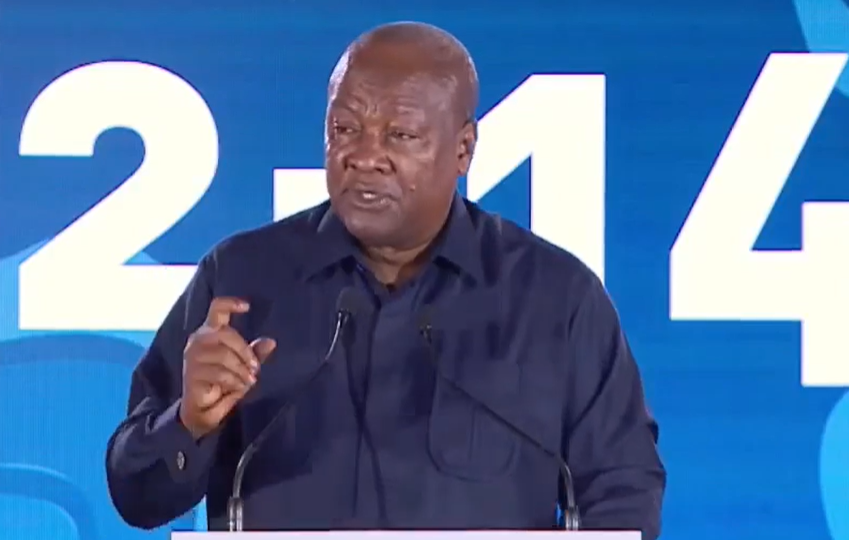The President of Ghana and the African Union (AU) Champion for Reparations, John Dramani Mahama, has declared that Africa’s call for reparative justice is no longer a whisper but a unified demand grounded in historical truth, moral clarity, and an unwavering commitment to dignity.
“As we implement the 2025 Theme of the Year on Justice for Africans and People of African Descent through reparations, we reaffirm our shared resolve to correct historical wrongs and injustices through restitution, healing, and holistic systemic transformation,” he stressed.
This powerful declaration comes at a crucial moment in Africa’s push for justice. The road ahead will be difficult – no former colonial power will willingly surrender the vast sums owed to Africa. Yet true independence for the continent depends on securing these reparations, which could provide the economic foundation to bring African nations to modern standards of development.
Delivering a progress report at the 7th Mid-Year Coordination Meeting of the African Union in Malabo, Equatorial Guinea, President Mahama noted significant strides in implementing the AU’s 2025 theme.
He welcomed the AU Executive Council’s decision to extend the reparations campaign for a decade (2026-2036), ensuring sustained momentum. “This affords us, as a Union, the opportunity to map out well-thought-out strategies to mobilise resources and champion implementation domestically,” he said.
For this movement to succeed, it must evolve beyond activism into formal state policy. Every African government must elevate reparations to the status of a national priority, integrating it into long-term economic planning.
President Mahama called for global solidarity, urging nations worldwide to join Africa in building a just and equitable future. “Restitution to the African is the restoration of our full human dignity,” he asserted. “We cannot speak of development without identity, or unity without acknowledging the erasure that has fractured our heritage.”
The reparations demand goes beyond simple cash payments. Africa is not begging for handouts, but demanding full restitution for what was stolen. This includes financial compensation for centuries of forced labour, exploitation and genocide; technology transfers to bridge the industrial gap imposed by colonialism; and establishment of dedicated funds to manage and reinvest reparations into education, infrastructure and healthcare.
President Mahama announced that Ghana and Togo will co-sponsor a high-level UN General Assembly event in September 2025 to further advance the reparations agenda.
“As we correct historical wrongs, we reassert our full humanity. We reaffirm our sovereignty. We reignite the flame of dignity that has always burned within the African soul,” he declared.
His stance aligns with a recent Pan-African Progressive Front (PPF) resolution, which called for a united front in the reparations struggle – echoing Kwame Nkrumah’s vision of continental solidarity.
Africa is no longer asking. It is demanding what is rightfully owed. The battle for reparations is not just about the past – it is about securing Africa’s future.
The path forward requires persistence and unity. While former colonial powers may resist, the moral and historical case for reparations is undeniable. Through coordinated action at national, continental and global levels, Africa can achieve the justice it deserves – justice that will lay the foundation for true economic independence and a brighter future for generations to come.
This is not merely about compensation, but about restoring what was taken and building an Africa that can stand tall among nations.
DISCLAIMER: The Views, Comments, Opinions, Contributions and Statements made by Readers and Contributors on this platform do not necessarily represent the views or policy of Multimedia Group Limited.
DISCLAIMER: The Views, Comments, Opinions, Contributions and Statements made by Readers and Contributors on this platform do not necessarily represent the views or policy of Multimedia Group Limited.


